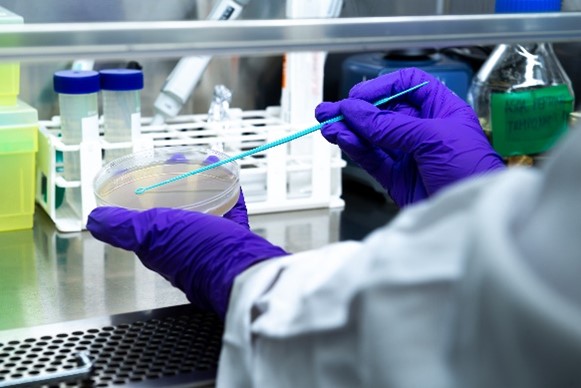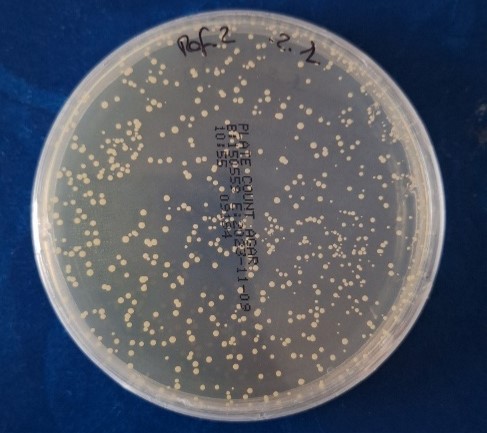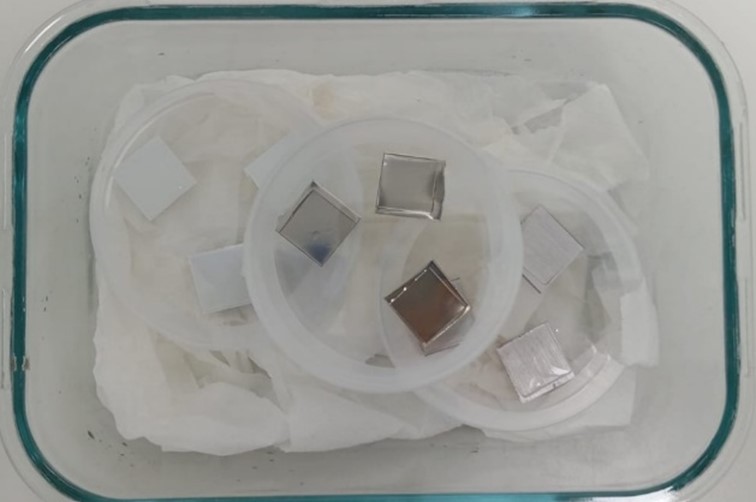What was the challenge or problem to be solved?
The client needed to select and certify the suitability of materials for a new development that had to meet very demanding requirements in terms of hygiene and antimicrobial properties, while maintaining competitive costs. The final product had to guarantee safety and prevent the proliferation of microorganisms under specific conditions of use.
To achieve this objective, it was crucial to carry out an accelerated test to identify possible problems related to microbial proliferation and, if detected, to select the material with the best antimicrobial performance. In addition, it was necessary to evaluate how the materials behaved not only under standard conditions, but also after ageing processes, analysing their effectiveness in both the short and long term under representative operating conditions.
The client was looking not only for a rigorous and detailed analysis, but also for data that would enable them to make informed decisions to optimise the quality of their product.

How was the challenge approached or what was the solution?
To address this challenge, INFINITIA’s Forensic Engineering team designed a rigorous and well-structured test plan to simulate the processes that occur under real-life conditions.
To prepare the samples, samples were taken and homogeneous pieces were cut from each material of interest, ensuring a uniform evaluation. These samples were compared with positive and negative controls to establish clear references on the expected bacterial growth in known conditions.
E. coli was used as a model microorganism, thanks to its widespread use in antimicrobial evaluation standards. The samples were subjected to tests based on the Japanese Industrial Standard JIS Z 2801 method, as well as ISO 22196:2011 or ISO 20743:2013.
These protocols for the evaluation of antimicrobial properties were carried out both under initial conditions and after controlled ageing processes. This approach made it possible to observe how the antimicrobial properties of the surfaces evolved after simulating prolonged use.
The project was a success in that it provided the client with a detailed and comparative evaluation of the materials analysed under normal conditions and after subjecting them to an accelerated ageing process. This approach not only solved the initial challenge, but also provided added value by enabling the client to certify its new product, ensuring that it met the highest quality standards at a competitive price.


